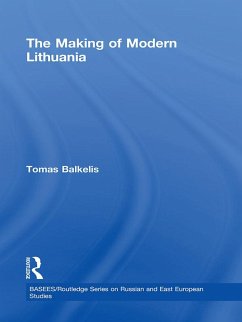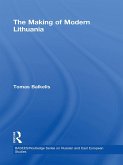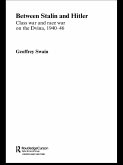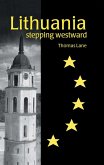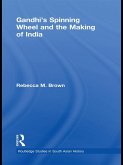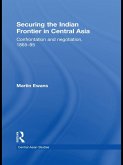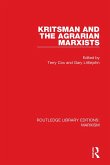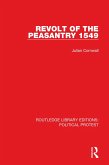This book argues that - contrary to contemporary Lithuanian nationalist rhetoric - Lithuanian nationalism was modern and socially constructed in the period from the emergence of the Lithuanian national movement in the late nineteenth century to the birth of an independent state in 1918. The book brings into sharp focus those aspects of the history of Lithuania that earlier commentators had not systematically explored: it shows how, in this period, the nascent political elite fashioned its own and the emerging nation's identity. Moreover, factors such as the elite's social isolation, educational experience, marital strategies and narrowly based, fragmented and uncoordinated political activities were crucial factors in shaping identity and nation-building. It demonstrates how the elite was often in conflict with the peasantry, the religious establishment and other ethnic groups, and how critical considerations such as class, religion, displacement and ethnicity - rather than national ideology - were. The book's conclusion that Lithuanian nationalism is a construct emerging from modern social forces is highly significant for understanding nationalism and contemporary political developments in Eastern Europe more generally.
Dieser Download kann aus rechtlichen Gründen nur mit Rechnungsadresse in A, B, BG, CY, CZ, D, DK, EW, E, FIN, F, GR, HR, H, IRL, I, LT, L, LR, M, NL, PL, P, R, S, SLO, SK ausgeliefert werden.

